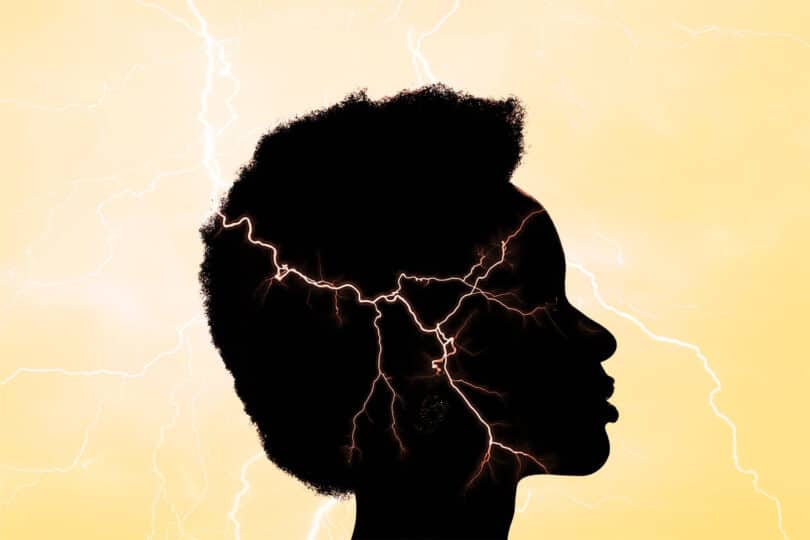Migraine is a chronic neurological condition that affects 39 million people in the United States.
It has a variety of symptoms, most notably severe headache pain. But a migraine episode is so much more than just a bad headache. The symptoms vary from person to person but can include:
- intense headache pain
- nausea
- vomiting
- sensitivity to sounds
- sensitivity to smells
- sensitivity to light
- changes in vision
Migraine can be episodic or chronic. If you experience migraine pain on 14 days a month or less, doctors classify the condition as episodic.
If you experience the pain on 15 days a month or more and have other migraine symptoms on most of these days, doctors consider it chronic migraine.
RELATED: Amazing Benefits Of Walking
Migraine is a bit of a mystery. While the exact cause is unclear, researchers have identified a few contributing factors, including:
- genetics
- environmental factors
- levels of serotonin in the body
- electrical activity in the brain
Experts believe that certain factors can trigger a migraine episode. The best way to prevent migraine episodes is to avoid their triggers. These can vary from person to person, and most people with migraine have several triggers.
Often, foods and drinks are involved, including:
- alcohol, especially red wine
- cheese and other dairy products
- chocolate
- coffee
- cured meats
- any foods that have a strong smell
- preservatives and sweeteners, such as aspartame, monosodium glutamate, which is better known as MSG, and nitrates, which are often in processed meats
RELATED; Easy Ways To Lower Blood Sugar Naturally And Safely
Other common triggers include:
- Skipping meals. Missing meals altogether or not eating proper meals can lead to a migraine attack.
- Exercise. An intense workout session may trigger a migraine episode, especially if you haven’t been active in a while.
- Dehydration. For some, even the slightest dehydration can bring on a migraine attack.
- Sensory stimulation. Unusually bright lights, loud noises, or strong smells may set off a migraine episode. Flashlights, bright sun, perfume, paint, and cigarette smoke are all common triggers.
- Hormonal changes. Up to 75 percent of women with migraine report that attacks develop around the time of their periods. Others report migraine episodes during pregnancy or menopause. Experts believe that fluctuations in estrogen and progesterone levels during these times and can trigger migraine episodes.
- Hormone medications. Birth control and hormone replacement therapy, for example, can also trigger or worsen migraine attacks. But sometimes, these treatments may actually reduce migraine headaches.
- Other medications. Vasodilators, such as nitroglycerin, which are used to treat conditions like high blood pressure or heart failure, can trigger migraine episodes.
- Stress. Stress may be a trigger for almost 70 percent of people with migraine. Emotional stress may stem from demands at work or at home, and physical stress, from overexertion or sexual activity, for example, can also trigger migraine attacks.
- Irregular sleep. Sleeping too much or too little can be triggers. If you don’t have a routine sleep schedule, you may experience more migraine episodes.
- Weather changes. Storms, intense heat waves, and shifts in barometric pressure can trigger migraine episodes.
- Screen time. Many people find that spending a lot of time in front of a computer can bring on migraine attacks.

